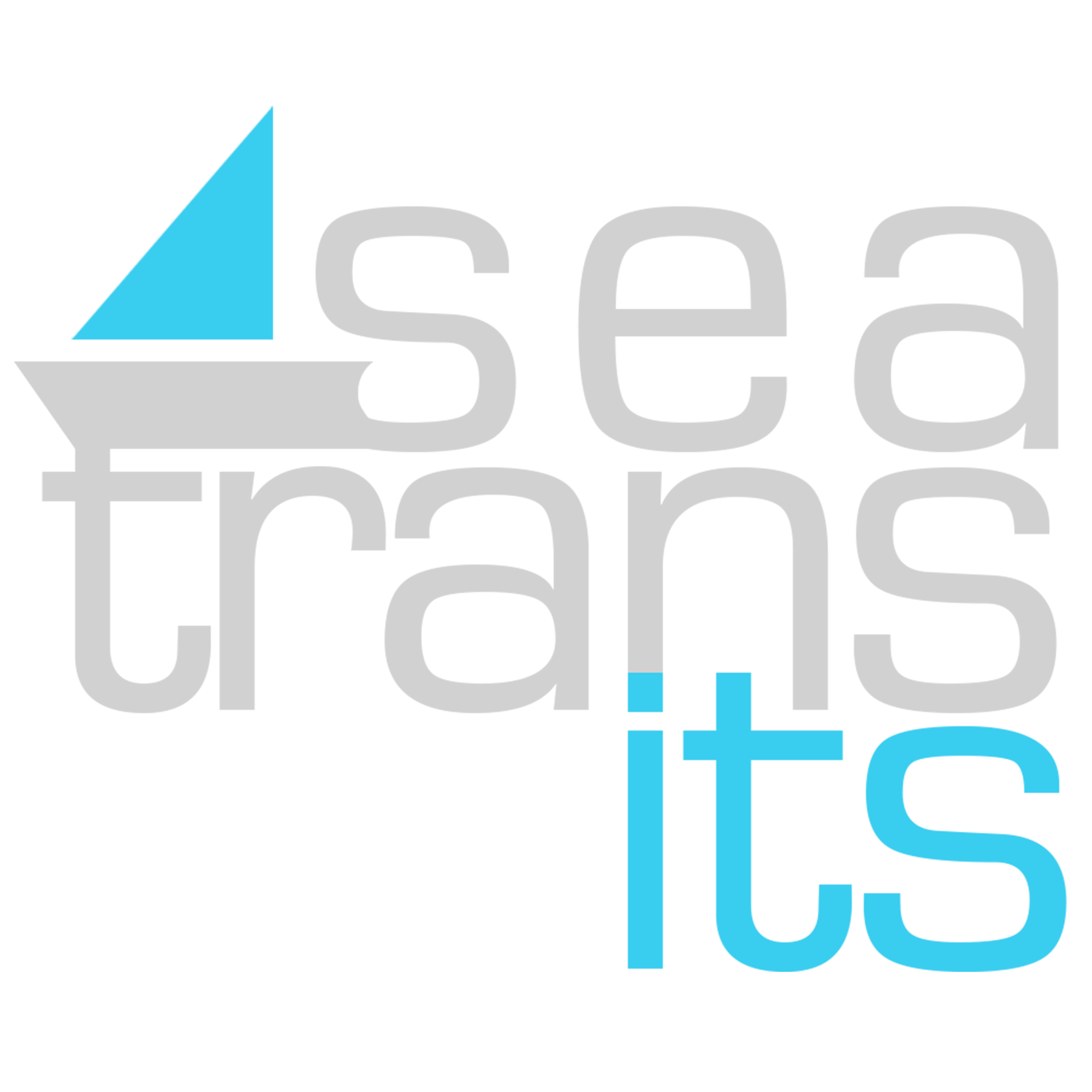The Master Study Program in Marine Transportation Engineering provides an opportunity for graduates of the Bachelor program to continue their studies to a master’s education level in the field of marine transportation, so that the graduates get prepared of the world of work. The following is the Profile of Graduates of Master Study Programme of the Marine Transportation Engineering :
- Marine transportation engineers that apply engineering and managerial knowledge to plan and manage marine transportation networks, ports and maritime logistics.
- Policy makers related to the marine transportation of engineering sector who have broad insight into the field of marine transportation engineering, from the perspective of technology, economy, security, safety, to environmental sustainability.
- Professionals or entrepreneurs in the field of marine transportation engineering think and act independently and in groups logically, critically, systematically, innovatively.
- An individual who is eager to develop himself.
This educational program was established by looking at the potential of the maritime world, especially sea transportation, including:
Strengths
Quality Teachers and Teaching Staff: PSMTTL has experienced and qualified teachers and teaching staff in the field of maritime transportation, who can provide in-depth understanding and the latest updates to students Adequate Facilities and Laboratories: The existence of facilities, laboratories, and supporting equipment such as simulation models for loading cargo onto ships, and modern simulation software can facilitate practical and experimental learning.
Strong Industry Network: The program has strong connections with the maritime industry and shipping companies, which can help students gain good field experience and job placement.
Industry Needs Based Curriculum: The program may have developed a curriculum relevant to the needs of the maritime transportation industry, enhancing graduates’ career prospects.
Weaknesses
Expensive Education Fees: PSMTTL is currently collaborating with Rotterdam University of Applied Sciences (RUAS) to organize a double degree program which requires relatively expensive education costs.
Resource Limitations: Resources such as funding, facilities, or teaching staff may be limited, which may limit the program’s ability to develop or update the curriculum.
Opportunities
Increased Demand for Maritime Professionals: With the growth of international trade and maritime industry, there is a great opportunity for graduates of this program to find employment in various maritime companies and related institutions.
Technological Innovation: Technological developments in maritime transportation, such as ship automation and advanced navigation systems, create opportunities for this program to integrate these innovation topics into the curriculum.
Threats
Regulatory Changes: Changes in international and national regulations in the field of maritime transportation may affect training and certification requirements, which may disrupt this program.
Decreasing Student Interest: If student interest in careers in maritime transportation decreases, the program may face challenges in attracting prospective students.
 Program Magister Double Degree Marine Transportation Engineering ITS – Rotterdarm University of Applied Science merupakan program eksekutif antara Institut Teknologi Sepuluh Nopember (ITS), Surabaya dengan Rotterdam University of Applied Science. Program pascasarjana ini dilaksanakan dalam dua bagian: satu tahun pendidikan dalam bentuk program jarak jauh (blended learning) dan pengayaan bahasa Inggris oleh ITS dan satu tahun pendidikan langsung oleh RUAS di Rotterdam, Belanda. Berikut merupakan Fokus Bidang Kompetensi Program Studi Magister Double Degree Teknik Transportasi Laut :
Program Magister Double Degree Marine Transportation Engineering ITS – Rotterdarm University of Applied Science merupakan program eksekutif antara Institut Teknologi Sepuluh Nopember (ITS), Surabaya dengan Rotterdam University of Applied Science. Program pascasarjana ini dilaksanakan dalam dua bagian: satu tahun pendidikan dalam bentuk program jarak jauh (blended learning) dan pengayaan bahasa Inggris oleh ITS dan satu tahun pendidikan langsung oleh RUAS di Rotterdam, Belanda. Berikut merupakan Fokus Bidang Kompetensi Program Studi Magister Double Degree Teknik Transportasi Laut :